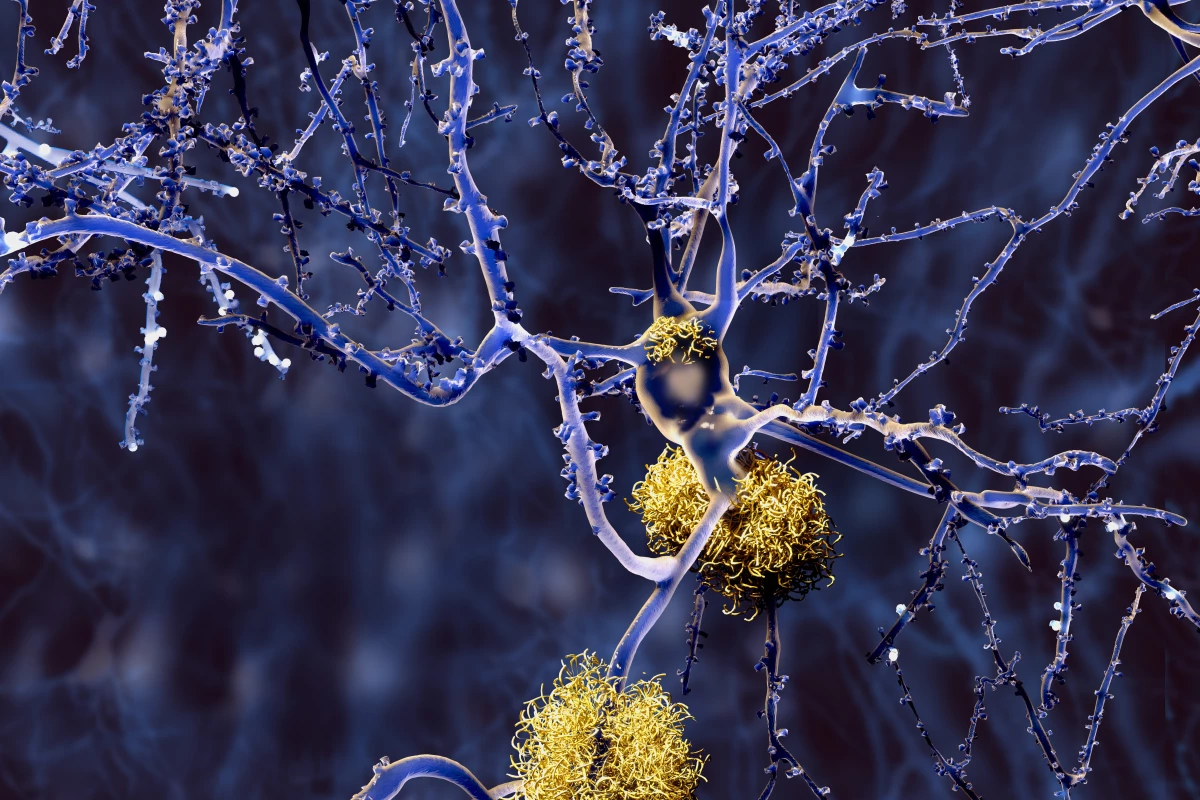While plenty of mystery still surrounds how exactly Alzheimer's disease takes hold in the human brain, scientists do have some ideas. A leading suspect is a toxic plaque called amyloid-beta, which new research has found could be better cleared away by harnessing natural oscillations in the blood vessels known as vasomotion.
Our heartbeat, our breathing and our nervous system can all cause our blood vessels to move and shake, but another, lesser known driver of vessel vibration is called vasomotion. While its exact causes are poorly understood, vasomotion causes contractions and expansions of the blood vessels that occur spontaneously and at a very low frequency.
Vasomotion has been studied as a way of better understanding blood flow in diabetics and sufferers of heart disease, along with the ways our tissues extract oxygen. Now a team of medical scientists at Massachusetts General Hospital has set out to investigate the relationship between it and the buildup of substances in the brain’s blood vessels.
To do this, the team injected a carbohydrate called dextran into the brains of mice, which they tracked through fluorescent tags and subsequent imaging tests. The scientists watched on as the low-frequency vasomotion cycles played a “critical” role in clearing away the dextran.
In further experiments, the scientists stimulated stronger vasomotion oscillations which proved to up the clearance rates even further. They then observed vasomotion in action within mice with amyloid-beta plaques built up in the walls of their brain blood vessels. Here, they found the pulsations to be impeded and clearance rates were lower as a result.
If these results can be replicated in human subjects, they would suggest that vasomotion might be a bit-part player in the machinations of Alzheimer's disease. If scientists can figure out ways to maintain its optimal function in Alzheimer's patients, they could maintain the brain’s ability to clear away the junk. There is also the possibility that it could be leveraged, as it was in the mice, to even supercharge those capabilities.
"We were able to show for the first time that large dilations and contractions of vessels that happen spontaneously at an ultra-low frequency are a major driving force to clear waste products from the brain," says lead author Susanne van Veluw. ”Our findings highlight the importance of the vasculature in the pathophysiology of Alzheimer's disease. If we direct therapeutic strategies towards promoting healthy vasculature and therefore improve clearance of amyloid-beta from the brain, we may be able to prevent or delay the onset of Alzheimer's disease in the future."
The research was published in the journal Neuron.
Source: Massachusetts General Hospital via MedicalXpress




